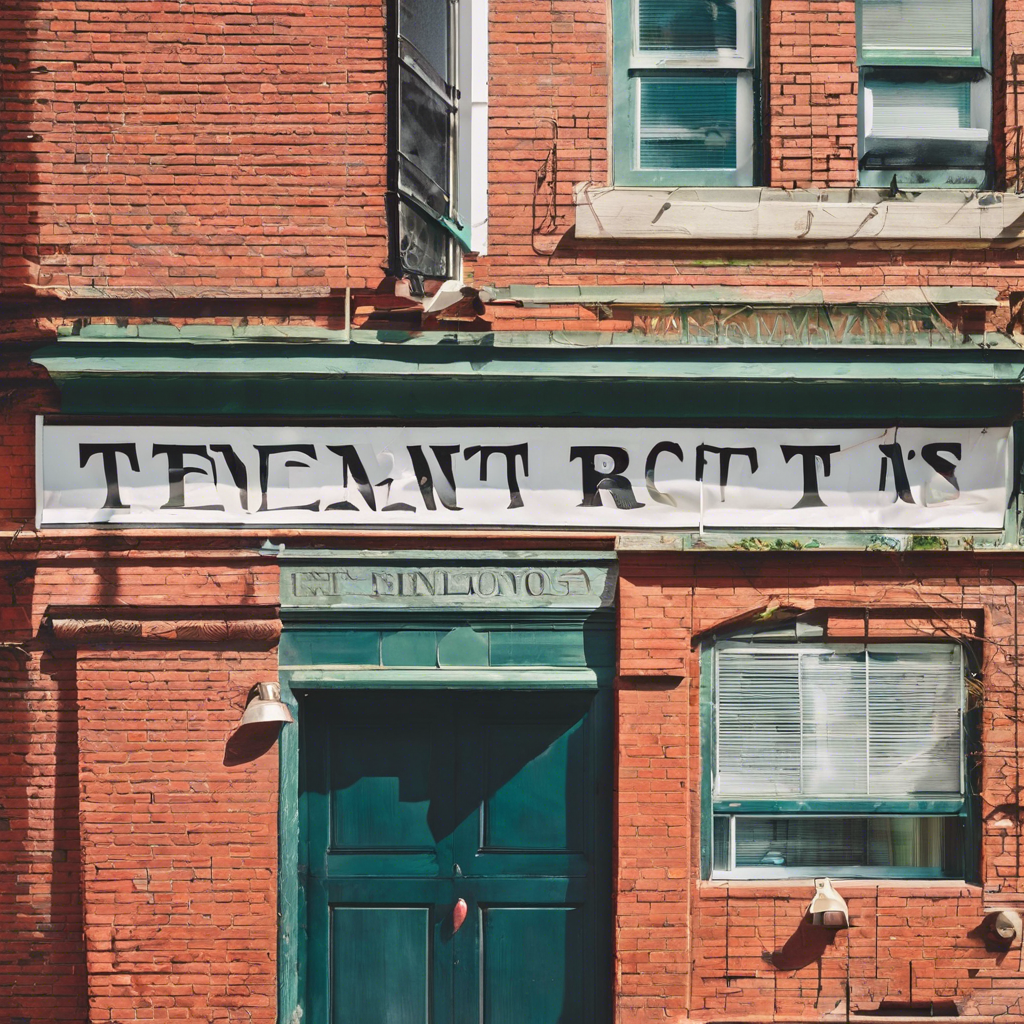Tenant Rights: What Landlords Can’t Do
As a tenant, it’s essential to understand your rights and protections under the law. Landlords have certain responsibilities and limitations when it comes to renting out their properties. Knowing what landlords can’t do can help you advocate for yourself and ensure a positive renting experience. Here are some key points to keep in mind:
First and foremost, landlords cannot discriminate against tenants based on protected characteristics such as race, gender, religion, national origin, or disability. It’s illegal for a landlord to refuse to rent to someone or treat them differently because of these factors.
Additionally, landlords are not allowed to enter a tenant’s rental unit without proper notice except in emergency situations. Typically, landlords must provide at least 24 hours’ notice before entering the premises for repairs, inspections, or other reasons.
Landlords also cannot retaliate against tenants for exercising their legal rights, such as requesting repairs or reporting code violations. Retaliation can take many forms, including raising the rent, decreasing services, or attempting to evict the tenant without valid cause.
Furthermore, landlords are prohibited from charging excessive or undisclosed fees. Any fees related to the rental agreement should be clearly outlined in the lease, and landlords cannot impose new fees without proper notice and justification.
It’s important to note that landlords are responsible for maintaining a safe and habitable living environment for their tenants. This includes ensuring that the property meets health and safety codes, addressing pest infestations, and providing essential utilities such as heat and hot water.
Landlords cannot arbitrarily evict tenants without following the legal eviction process. This process typically involves providing written notice, going through a court proceeding, and obtaining a court order before forcibly removing a tenant from the property.
Tenants have the right to privacy in their rental units. Landlords cannot conduct intrusive or frequent inspections without proper justification, and they cannot install surveillance cameras or other monitoring devices without the tenant’s consent.
In some jurisdictions, landlords are required to provide tenants with a written lease agreement that outlines the terms of the tenancy, including rent amount, payment schedule, and rules and regulations. It’s essential for tenants to review the lease carefully before signing and to keep a copy for their records.
If a landlord violates any of these tenant rights, tenants may have legal recourse through local housing authorities, tenant unions, or small claims court. It’s important to document any violations and seek advice from a legal professional if necessary.
By understanding your rights as a tenant and knowing what landlords can’t do, you can protect yourself from potential abuses and ensure a fair and respectful rental experience. Being informed and proactive is key to maintaining a positive landlord-tenant relationship and advocating for your rights within the rental housing market.
